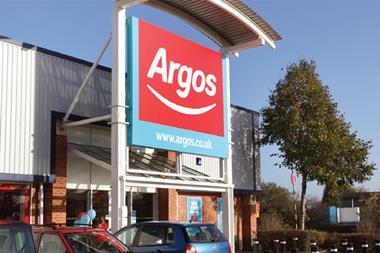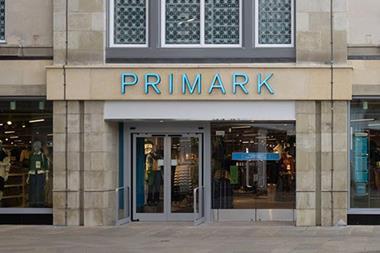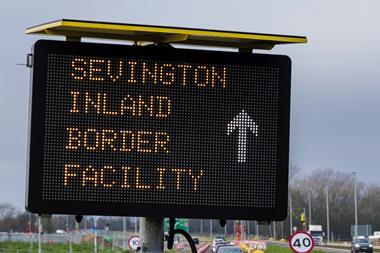Of the 28 recommendations on how to save the high street by Queen of Shops Mary Portas, way back now in December 2011, not a single one mentioned anything about digital technology.
In fact, in the climate at the time and for a good while after, if online was spoken about at all, even in the higher echelons of retail businesses, it was as one of the key threats to businesses, rather than as a potential saviour.
But there are signs that mindset is changing with the latest government initiative.
John Walden, chief executive of Home Retail Group, will lead the Digital High Streets Advisory Board, reporting to the DCLG’s Future High Streets Forum. While there have been so many initiatives from this particular pipeline it is hard to keep track, this one looks interesting, if only for the companies involved. Alongside Sainsbury’s, Marks & Spencer and John Lewis sit the likes of BT and even – shock horror – Google, all brought in to create “thriving high streets of the future”.
The group will look to build on promising experiments such as that in Hereford where small companies, helped by the technology of the big guns, are opening up new avenues such as click & collect and home delivery by giving smaller businesses access to the economies of scale they have previously lacked to take on their better funded rivals.
Walden cut his teeth at US online grocery shopping service Peapod, which believe it or not was founded back in 1989. But his appointment is very much part of a new way of thinking on this side of the pond.
Whereas even last year chief executives like Sainsbury’s Justin King and Tesco’s Philip Clarke were bemoaning the advantages of online players like Google and Amazon and calling for government intervention to level the playing field, there is now a rush to come up with ideas that will make digital a big part of the solution for the high street.
However, you only have to look at Tesco’s move last week to try to crush rivals like Ocado by undercutting them on the price and convenience of its online deliveries to realise how good old-fashioned competition is likely to get in the way of this new-found effort to work for the common good.
If this scheme is to make much of a mark, high streets up and down the country will need meaningful digital support and ideas, not a poor man’s version that would leave them very much in the slow lane.



















1 Readers' comment